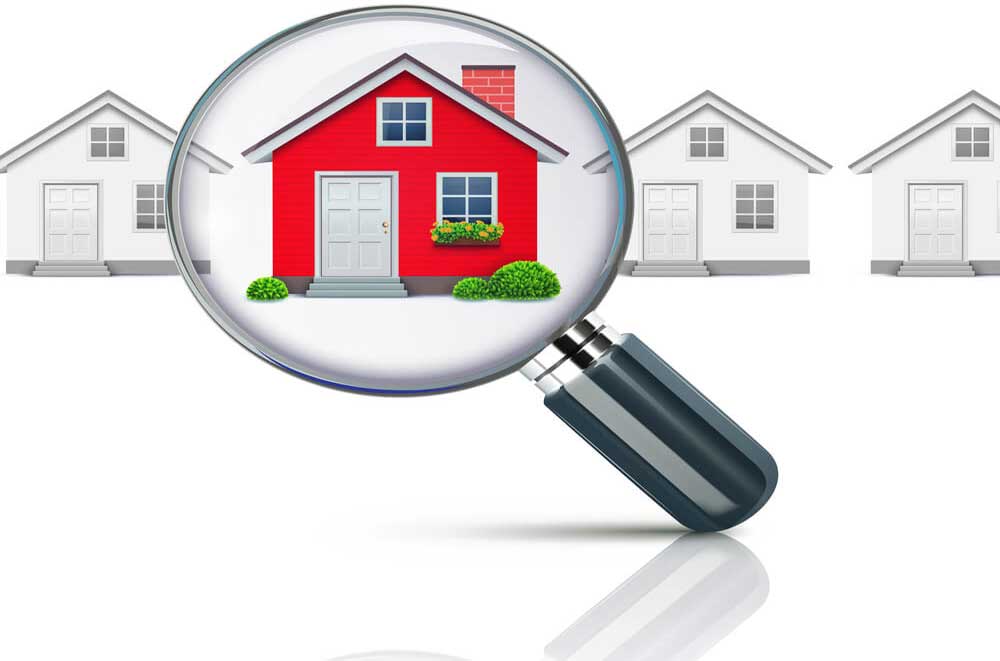When you’re purchasing a home, you want the most qualified inspector to evaluate the condition of the property. You want to know about structural and safety issues before you buy the home. These 6 home inspector questions will help you find the right company for the job.
Home inspector questions
Many home buyers are not sure what to expect during the home inspection process. While you’re hiring an expert to uncover hidden issues with the property, you still need to make sure he’ll offer you the insight you need when purchasing a home.
While there’s often a push to get a quick home inspection, interview at least two inspectors before deciding on one. Rates, services, and expertise vary by company.
1. Are you certified?
Like every professional industry, credentials matter! When you’re buying a home, you want the most trained and qualified inspector you can find. A home purchase is a significant investment, and you want to discover the problems during the real estate transaction not after you move in.
Think of a home inspector as your personal detective. He’s working for you, uncovering hidden problems in a home. Both small and large. Some basic and others are critical.
You want a full picture of what you’re getting into before you purchase a home.
Hire an inspector certified by American Society of Home Inspectors (ASHI). These inspectors adhere to strict technical standards, pass difficult exams, and follow a strict code of ethics.
Also, ask about mechanical or engineering qualifications. Sometimes, the inspector has an extra level of training which allows him to look at your home through a different lens.
Plus, ask about continuing education. That shows the inspector is up to date on the latest housing trends.
2. How much experience do you have?
While credentials matter, so does experience.
If they’re a certified ASHI home inspector, they’ve professionally examined more than 250 homes. They need that much experience just to call themselves ASHI “certified.”
In Kansas City, ask if they service your neighborhood often. That way you know they’re familiar with your type of home. The design and structure of a home in Brookside is different than a home in the suburbs like Lee’s Summit.
You also want to hire an inspector who acts as a resource. While he’ll point out all the problems in a home, you also want someone who can give you some perspective. Is that a big deal or something I can fix later? That is important when it comes to technical areas of the home like heating and cooling and electrical systems. With other issues like leaks, you can see if it’s a big problem. Most homeowners and homebuyers can’t tell if an electrical wiring issue is a fire hazard. Make sure your home inspector can explain potential concerns.
3. How much does the inspection cost?
Prices vary dramatically for home inspectors. It depends on the size of your home, age, condition, and services performed. In the Kansas City metro area, expect to pay between $4-500 for a termite, radon, and home inspection.
Most inspectors, though, can quote you a price upfront based on the size of your home.

4. What services do you provide?
There are three types of inspections most Kansas City homeowners need to protect themselves. You want a home inspection, termite check, and radon test.
Some home inspectors offer all three services, and others only perform the basic home inspection. Ask your inspector about the scope of work.
If he doesn’t perform all three inspections, ask for references to other companies.
5. How long does the home inspection last?
Most inspections take around three hours. It all depends on the size of the home and condition. Still, ask your home inspector for the typical length of his service. This question may provide more details on the services he provides. You want an inspector who will provide the most comprehensive analysis of the home you’re purchasing.
Related link:
Home inspection checklist: what you need to know
6. Can I see a sample inspection report?
Before you hire a home inspector, ask for a sample report. That shows you what the inspector checks. It also shows you the types of pictures you’ll receive detailing problems and how to fix them.
Photos are important for you and the seller. They pinpoint the problem, especially with the wiring. The inspector typically draws arrows on the photo or circles areas of concern if it’s not evident from the photo.
The reports are typically 50+ pages. They should include the problem, risk hazard, images, and solution.
Ask how long it will take to get the inspection report. Time is of the essence with a real estate transaction, so the quicker you know the condition of the home and potential problems the better off you’ll be.
7. Can I trust this inspector?
The final question is for your Realtor®.
If you ask your Realtor® for a home inspector recommendation, you’ll typically find an inspector who is qualified, respected, and reasonably priced.
That means the Realtor® probably trusts them, and they find most home problems!
When you ask your home inspector these 6 questions, you’ll be one step closer toward finding your next home!





 3751 NE Ralph Powell Road
3751 NE Ralph Powell Road 

